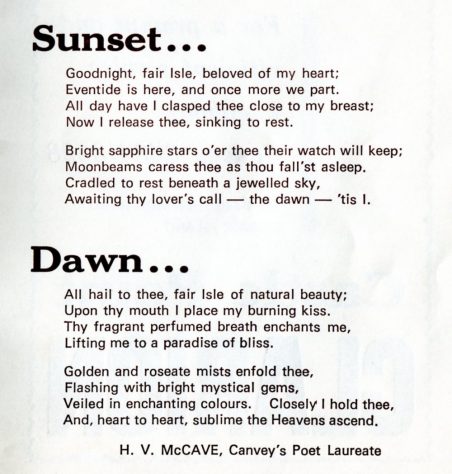Always The Sea
The Dutch Cottage Appeal 1974
 In the strict line of duty I attended a meeting of the Anglia Water Authority to hear how a £28m. scheme would affect our sea defences.
In the strict line of duty I attended a meeting of the Anglia Water Authority to hear how a £28m. scheme would affect our sea defences.
It was part of the London River Barrier. The capital city is to be defended by a huge dam which will protect it from the ravages of the North Sea surges but will at the same time also imperil the Essex and Kent banks. To safeguard the approaches their bastions are to be increased.
As the mammoth scheme was unfolded before us by speakers who used slides and drawings and all the modern paraphernalia of the latest managerial techniques, I could not help contrasting them with the builders of our first sea walls back in the seventeenth century.
However they managed to do the job, later improved upon by the Dutch,with hand labour only and no clerk of works, consultants or engineers, one will never know or even comprehend.
But for them, and for us, the sea — the wonderful, brutal, terrifying, placid, emotional water — has always remained the same. To watch the tide come in is an unforgettable experience, whether it is on the beach or through the inlets of some marshland like The Point. Relentlessly it comes on and on.
On a calm day it is insidious, slowly wending its way in and in. On a stormy day it hurls itself on the bulwarks of our defences, seeking to reclaim the land that man’s ingenuity and determination have won.
In 1952 I saw a ravening tide claw out replicas of shell holes in Kentish ragstone-faced banks.
It was different in 1953 when the waves were Fifth Columnists, throwing themselves over the walls (“overtopping” in a technical jargon that also describes road puddles as “ponding of the terrain”) and drawing away the clay barriers.
And always the same sea — the waters that saw the Roman legions come ashore and which also carried England’s liberating fleet to the shores of Normandy in an equally far-off 1944.
THAT is the real fascination of it all. However the waves form and unform, how the spray flies, how the sun glistens and the tide gurgles, it has all been done before and will all be done again. Constantly changing but for ever constant.
The turn of the tide, the call of the tide … a sea mist … a liner sliding by from one moonlit patch to the next . . . the sails of a rigged barge — and I can recall the days when they were always on the river.
Living on an Island, one is fortunate that every twelve-and-a-half hours there is a new old tide coming in or on the ebb.
Masefield knew the sea, and although we cannot all be a Masefield, those of us who are fortunate enough to live within sight and sound of the sea will always appreciate it. The sound of the driven surf.
Sunset…
Goodnight, fair Isle, beloved of my heart; Eventide is here, and once more we part. All day have I clasped thee close to my breast; Now I release thee, sinking to rest.
Bright sapphire stars o’er thee their watch will keep; Moonbeams caress thee as thou fall’st asleep. Cradled to rest beneath a jewelled sky, Awaiting thy lover’s call — the dawn — ’tis I.
Dawn…
All hail to thee, fair Isle of natural beauty; Upon thy mouth I place my burning kiss. Thy fragrant perfumed breath enchants me, Lifting me to a paradise of bliss.
Golden and roseate mists enfold thee, Flashing with bright mystical gems. Veiled in enchanting colours. Closely I hold thee. And, heart to heart, sublime the Heavens ascend.
H. V. McCAVE, Canvey’s Poet Laureate




No Comments
Add a comment about this page